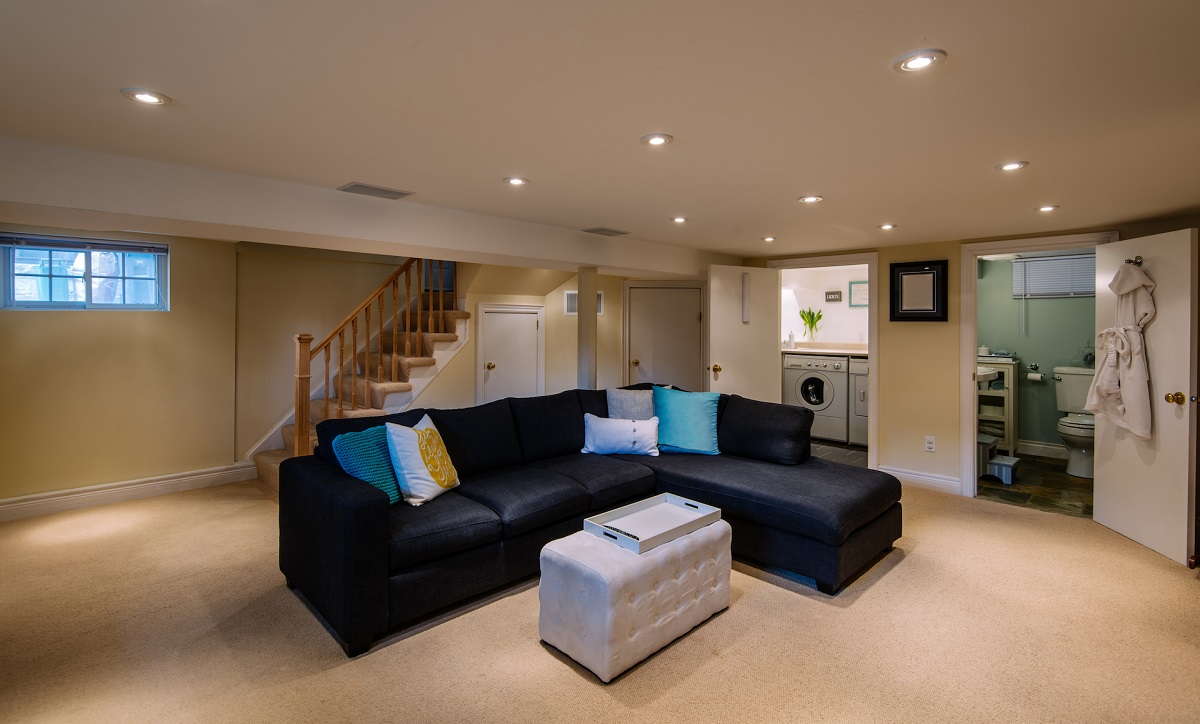

Articles
What Makes A Basement Apartment Illegal
Modified: September 2, 2024
Discover the key factors that determine the legality of a basement apartment in this informative article. Learn about the regulations and guidelines to avoid any illegalities.
(Many of the links in this article redirect to a specific reviewed product. Your purchase of these products through affiliate links helps to generate commission for Storables.com, at no extra cost. Learn more)
Introduction
A basement apartment can be a great solution for homeowners looking to maximize space and increase rental income. However, not all basement apartments are legal. There are certain regulations and requirements that must be met to ensure the safety and habitability of these dwelling units. If a basement apartment does not comply with these regulations, it is considered illegal.
In this article, we will explore what makes a basement apartment illegal, including the building code and zoning regulations that must be followed, the minimum egress requirements, ceiling height specifications, proper ventilation and natural light, access to utilities and amenities, and compliance with fire safety codes. We will also discuss the potential consequences of having an illegal basement apartment.
It is important for homeowners and tenants to be aware of these regulations to ensure that their basement apartments are legal and safe. Let’s dive deeper into the details and discover what makes a basement apartment illegal.
Key Takeaways:
- Converting a basement into a legal apartment requires compliance with building codes, zoning regulations, and fire safety standards to ensure safety, habitability, and avoid potential legal and financial consequences.
- Unpermitted basement conversions can lead to health and safety risks, legal penalties, voided insurance coverage, rental issues, reduced property value, community concerns, and difficulties in selling the property.
Read more: What Is A Basement Apartment
Definition of a Basement Apartment
A basement apartment, also known as a secondary suite or accessory dwelling unit (ADU), refers to a self-contained residential unit located in the basement of a single-family home. It typically consists of a bedroom, bathroom, kitchen, and living area, providing separate living quarters for individuals or families.
Basement apartments are often popular options for homeowners who want to generate additional income by renting out part of their property. They can also serve as affordable housing options for tenants seeking lower-cost accommodations.
Basement apartments can offer various benefits, such as increased rental income, increased property value, and the ability to accommodate extended family members or guests. However, it is important to note that not all basements are suitable for conversion into legal living spaces. There are specific criteria and regulations that need to be met to classify a basement apartment as legal.
These criteria vary depending on the jurisdiction and local building codes. It is essential to check with the local municipal authorities or building departments to ensure compliance with the specific requirements in your area.
Building Code and Zoning Regulations
Building codes and zoning regulations play a crucial role in determining the legality of a basement apartment. These regulations are designed to ensure the safety and well-being of occupants and to maintain the overall integrity of the property and the neighborhood.
Building codes outline the minimum standards for construction, electrical systems, plumbing, fire safety, and other aspects of a building. Zoning regulations, on the other hand, specify how properties can be used and what types of structures can be built in certain areas.
When it comes to basement apartments, building codes and zoning regulations typically cover various aspects, including:
1. Size and Layout: There may be minimum square footage requirements for a basement apartment to be considered legal. Additionally, the layout of the unit must meet certain specifications, such as having proper room sizes and an appropriate number of exits.
2. Separate Entrance: Many jurisdictions require a separate and direct entrance for a basement apartment, ensuring that it is independent from the main dwelling. This is often done to ensure the safety and privacy of both the homeowners and the tenants.
3. Parking: Zoning regulations may dictate the minimum number of parking spaces required for a property with a basement apartment. In some cases, additional parking spaces may need to be provided to accommodate the additional residents.
4. Number of Units: There may be restrictions on the number of basement apartments allowed within a single property. Some areas may permit only one secondary suite, while others may allow multiple units depending on the size and zoning classification of the property.
5. Fire Safety Measures: Building codes often require specific fire safety measures, such as smoke detectors, fire-rated walls, emergency exit windows, and fire extinguishers, to be installed in basement apartments. These measures are crucial in preventing and minimizing the risk of fire hazards.
It is essential to familiarize oneself with the specific building codes and zoning regulations in the local area to ensure compliance when converting a basement into a legal apartment. Failure to adhere to these regulations can result in penalties, fines, or even the requirement to remove the illegal dwelling.
Minimum Egress Requirements
Egress refers to a safe means of exit from a building or dwelling unit in the event of an emergency. In the context of basement apartments, egress requirements are one of the key factors in determining their legality.
The purpose of egress requirements is to ensure that occupants can quickly and safely exit the basement apartment in case of fire or other emergencies. These requirements include:
1. Windows as Emergency Exits: Building codes typically mandate that a basement apartment must have at least one easily accessible window that serves as an emergency exit. This window must have a minimum size and height requirement to allow for easy escape.
2. Window Well: If the basement window is below ground level, it must have a window well. A window well allows for natural light, ventilation, and provides a safe passage for occupants to exit in case of an emergency. The size and dimensions of the window well may be regulated to ensure sufficient space for escape and easy access for emergency personnel.
3. Accessibility: The emergency exit window must be accessible without the need for keys or special tools. In addition, the path to the window must be clear and unobstructed to ensure a quick and safe escape.
4. Guardrails and Ladders: If the window well exceeds a certain depth, building codes may require the installation of a guardrail to prevent accidental falls. Additionally, for deep or below-grade window wells, ladders must be provided to allow for safe and efficient egress.
It is important to note that egress requirements may vary depending on the jurisdiction and local building codes. Therefore, it is crucial to consult the specific requirements in your area to ensure compliance when converting a basement into a legal apartment.
Non-compliance with egress requirements can have serious consequences. In addition to risking the safety of inhabitants, it can result in legal issues, fines, and even the requirement to remove the basement apartment if it fails to meet the necessary standards.
Ceiling Height Specifications
Ceiling height is an important factor when it comes to the legality of a basement apartment. Building codes typically specify minimum ceiling height requirements to ensure proper habitability and safety within living spaces.
The specific ceiling height specifications may vary depending on the jurisdiction and local building codes. However, some common standards for ceiling height in basement apartments include:
1. Finished Floor-to-Ceiling Height: Building codes often require a minimum finished floor-to-ceiling height of 7 feet (2.13 meters) in habitable spaces. This ensures that occupants have enough headroom and can move comfortably within the apartment.
2. Mechanical Systems Clearance: Building codes also specify minimum ceiling height requirements to allow for proper installation and clearance of mechanical systems, such as heating, ventilation, and air conditioning (HVAC) ductwork.
3. Dropped Ceilings: Some building codes may allow for dropped ceilings to be installed in basement apartments. However, the lowest point of the dropped ceiling should still meet the minimum ceiling height requirement to ensure adequate space and comfort for occupants.
It is important to note that ceiling height specifications may vary for different areas within the basement apartment. For example, certain portions of the space, such as bathrooms or utility rooms, may have different height requirements compared to living areas.
Non-compliance with ceiling height specifications can result in the classification of a basement apartment as illegal. This can lead to potential penalties, fines, and even the need to remove or modify the basement apartment to meet the necessary standards.
Before converting a basement into a legal apartment, it is essential to consult the local building codes and regulations to ensure that the ceiling height requirements are met. Hiring a professional contractor or builder experienced in basement conversions can also provide valuable guidance and assistance in meeting the necessary specifications.
Read more: How To Decorate A Basement Apartment
Proper Ventilation and Natural Light
Proper ventilation and natural light are important aspects to consider when converting a basement into a legal apartment. These factors contribute to the overall comfort, health, and safety of the occupants. Building codes often outline specific requirements regarding ventilation and natural light in basement apartments.
Ventilation: Adequate ventilation is essential in maintaining good air quality and preventing the buildup of moisture, odors, and pollutants. Building codes typically require basement apartments to have adequate ventilation systems that ensure the continuous exchange of fresh air. This can be achieved through mechanical ventilation systems, such as exhaust fans or air circulation systems, which help remove stale air and introduce fresh air from the outside.
Natural Light: Natural light not only enhances the aesthetic appeal of a living space but also contributes to the well-being and overall mood of the occupants. Building codes often specify requirements for the provision of natural light in basement apartments. This can be achieved through the installation of windows, window wells, skylights, or other means that allow for the entry of natural light into the living areas.
It is important to note that the provision of ventilation and natural light may pose challenges in basement apartments since they are located below the ground level. However, innovative design solutions, such as light wells, light tubes, or reflective surfaces, can be utilized to maximize the entry of natural light into these spaces. Additionally, mechanical ventilation systems can be installed to ensure proper air circulation and quality.
Non-compliance with ventilation and natural light requirements can result in an illegal designation for the basement apartment. This can lead to consequences, such as fines, penalties, or even the need to modify or remove the apartment to meet the necessary standards.
Before converting a basement into a legal apartment, it is crucial to consult the local building codes and regulations regarding ventilation and natural light requirements. Engaging the services of professionals, such as architects or designers familiar with basement conversions, can help ensure compliance and proper implementation of these requirements.
Check local building codes and zoning regulations to ensure your basement apartment meets all legal requirements. This may include ceiling height, egress windows, and proper permits.
Access to Utilities and Amenities
Access to utilities and amenities is an essential factor in determining the legality and functionality of a basement apartment. Building codes and regulations typically require that basement apartments have proper access to necessary utilities and amenities to ensure the comfort and safety of the occupants.
Utilities: Building codes often specify that basement apartments must have access to essential utilities, including electricity, HVAC systems, and plumbing. This ensures that the unit can provide the necessary services required for daily living, such as heating, cooling, lighting, and water supply. It is important to ensure that the electrical and plumbing systems within the apartment meet the appropriate safety standards and are installed by licensed professionals.
Amenities: Along with access to utilities, building codes may also require that basement apartments have access to certain amenities. These amenities can include a kitchen with proper cooking facilities, bathroom facilities, and a means for waste disposal. The size and layout of these amenities may also be regulated to ensure compliance with health and safety standards.
When converting a basement into a legal apartment, it is crucial to ensure that the necessary utilities and amenities are properly installed and accessible. This may involve hiring professionals, such as electricians, plumbers, and contractors, to ensure compliance with building codes and regulations.
Non-compliance with utility and amenity requirements can result in the classification of a basement apartment as illegal. This can lead to potential penalties, fines, or even the requirement to remove or modify the apartment to meet the necessary standards.
It is important to consult the local building codes and regulations to ensure that the basement apartment has proper access to utilities and amenities. Engaging the services of professionals experienced in basement conversions can provide valuable guidance in meeting these requirements and ensuring the safety and functionality of the apartment.
Compliance with Fire Safety Codes
Fire safety is of utmost importance when it comes to converting a basement into a legal apartment. Building codes have specific provisions and requirements regarding fire safety to ensure the protection of occupants and the property as a whole.
Compliance with fire safety codes typically includes the following:
1. Smoke Detectors: Building codes generally require the installation of smoke detectors in basement apartments. These devices are designed to detect smoke and provide early warning in the event of a fire. Smoke detectors should be installed in appropriate locations, such as hallways, bedrooms, and living areas, and should be interconnected for maximum effectiveness.
2. Fire-Rated Construction: Depending on the building codes, basement apartments may require certain fire-rated construction elements. This can include fire-resistant materials for walls, ceilings, and floors, which can help prevent the spread of fire and provide a safe escape route for occupants.
3. Emergency Exit Windows: As mentioned in the section on egress requirements, basement apartments must have windows that can serve as emergency exits. These windows should be easily accessible and should comply with specific size and height requirements to ensure a safe means of escape in case of a fire or other emergencies.
4. Fire Extinguishers: Building codes may mandate the installation of fire extinguishers within basement apartments. These devices can be essential in containing small fires and preventing them from spreading. It is important to regularly inspect and maintain fire extinguishers to ensure their effectiveness.
5. Carbon Monoxide Detectors: Some jurisdictions may require the installation of carbon monoxide detectors in basement apartments. Carbon monoxide is a colorless, odorless gas that can be deadly if not detected. Carbon monoxide detectors help alert occupants to the presence of this gas and allow for prompt evacuation.
Non-compliance with fire safety codes can lead to serious consequences, including fines, penalties, or the requirement to bring the basement apartment up to code or remove the illegal dwelling entirely.
Before converting a basement into a legal apartment, it is crucial to understand and implement the specific fire safety codes and requirements in your area. Engaging the services of professionals, such as fire safety inspectors or contractors familiar with building codes, can help ensure that the basement apartment meets the necessary fire safety standards and provides a secure living environment for its occupants.
Unpermitted Basement Conversions
Unpermitted basement conversions refer to the practice of converting a basement into a living space without obtaining the necessary permits or approvals from the local authorities. This is a common issue that can lead to serious consequences for homeowners and tenants.
There are several reasons why homeowners may choose to undertake unpermitted basement conversions:
1. Lack of Awareness: Some homeowners may be unaware of the legal requirements and building codes that govern basement conversions. They may assume that since it is their property, they can convert the basement without obtaining permits.
2. Cost Considerations: Homeowners may try to avoid the costs associated with obtaining permits and meeting the necessary requirements for a legal basement conversion. However, the upfront savings can pale in comparison to the potential fines and penalties that may be imposed for operating an illegal dwelling.
3. Time Constraints: The process of obtaining permits and meeting the necessary building code requirements can take time. Some homeowners may choose to proceed with a basement conversion without permits to save time, but this can result in legal issues down the line.
Unpermitted basement conversions can have severe consequences for both homeowners and tenants:
1. Safety Risks: Unpermitted basement conversions may not meet the safety standards outlined in building codes. This can pose risks to the occupants, including poor ventilation, lack of proper egress options, inadequate fire safety measures, and potential issues with utilities.
2. Insurance Coverage: Operating an illegal basement apartment can void homeowner’s insurance coverage. In the event of property damage or liability issues, the homeowner may be left responsible for all costs.
3. Legal Penalties and Fines: Local authorities have the right to penalize homeowners for unpermitted basement conversions. Depending on the jurisdiction, fines can range from a few hundred to several thousand dollars. In some cases, homeowners may also be required to remove the illegal living space.
4. Rental Issues: Tenants living in unpermitted basement apartments may face legal and financial challenges. They may be forced to vacate the premises without proper notice or may find themselves in a difficult legal situation if disputes arise with the homeowner or local authorities.
It is crucial for homeowners to understand that basement conversions should be done in compliance with local regulations and building codes. This means obtaining the necessary permits, meeting safety requirements, and ensuring that all occupants can enjoy a safe and legal living space.
If you have an existing unpermitted basement conversion, it is recommended to consult with local authorities and professionals experienced in basement conversions to rectify the situation and bring the space up to code. It is always better to address any legal issues proactively rather than face the consequences later on.
Read more: What Is An Illegal Air Freshener
Potential Consequences of Illegal Basement Apartments
Operating an illegal basement apartment can have significant consequences for homeowners, tenants, and the overall community. It is important to understand the potential ramifications of having an illegal dwelling to ensure compliance with local regulations and maintain a safe living environment.
Here are some of the potential consequences of operating an illegal basement apartment:
1. Health and Safety Risks: Illegal basement apartments may not meet the necessary health and safety standards outlined in building codes. This can result in hazards such as inadequate ventilation, lack of proper egress options, fire safety issues, and potential problems with utilities. Occupants’ health and safety may be compromised as a result.
2. Legal Penalties: Local authorities have the right to impose penalties and fines on homeowners operating illegal basement apartments. These fines can vary depending on the jurisdiction and the severity of the violation. In some cases, homeowners may be required to remove the illegal dwelling, which can result in additional expenses.
3. Voided Insurance Coverage: Operating an illegal basement apartment can void homeowner’s insurance coverage. This means that in the event of property damage or liability issues, the homeowner may be left responsible for all costs, as the insurance company may deny the claim due to the illegal nature of the dwelling.
4. Rental Issues: Tenants living in illegal basement apartments may face challenges and legal issues. They may be vulnerable to eviction without proper notice or may find themselves in disputes with the homeowner or local authorities. This can lead to financial and emotional stress for tenants, who may be forced to relocate without warning.
5. Reduced Property Value: Having an illegal basement apartment can negatively impact the value of the property. Potential buyers may be hesitant to invest in a property with an illegal dwelling, and appraisers may factor in the presence of an illegal conversion when determining the property’s value.
6. Community Concerns: Illegal basement apartments can also have implications for the community at large. They may strain local infrastructure and services, such as parking availability and public transportation. Additionally, neighbors may have concerns about increased noise, traffic, and potential disruptions to the neighborhood’s character.
7. Difficulty Selling the Property: Selling a property with an illegal basement apartment can be challenging. Buyers may be wary of purchasing a property with non-compliant living spaces, and lenders may be hesitant to provide financing for such properties. This can significantly limit the pool of potential buyers and cause delays in the selling process.
Given these potential consequences, it is essential for homeowners to comply with local regulations and obtain the necessary permits and approvals when converting a basement into a legal apartment. By doing so, homeowners can ensure the safety and well-being of occupants, maintain the value of their property, and avoid legal troubles.
Conclusion
Converting a basement into a legal apartment can be a great way to maximize space, generate rental income, and provide affordable housing options. However, it is crucial to understand and comply with the regulations and requirements for such conversions to ensure the safety, habitability, and legality of the living space.
In this article, we have explored the various factors that determine whether a basement apartment is legal or illegal. We discussed the importance of building code and zoning regulations, which outline the minimum standards for construction, layout, and occupancy. We also covered minimum egress requirements, including the provision of emergency exits for safe evacuation. Additionally, we explored the importance of ceiling height specifications, proper ventilation and natural light, and access to utilities and amenities to ensure a comfortable and livable environment.
We also emphasized the significance of compliance with fire safety codes, as well as the potential consequences of operating an illegal basement apartment. These consequences include health and safety risks, legal penalties, voided insurance coverage, rental issues, reduced property value, community concerns, and difficulties in selling the property.
In conclusion, it is essential to adhere to the applicable building codes, zoning regulations, and fire safety requirements when converting a basement into a legal apartment. Homeowners should obtain the necessary permits, work with licensed professionals, and ensure that all safety and habitability standards are met. By doing so, homeowners can provide a safe and legal living space for tenants and avoid the potential consequences associated with illegal basement conversions.
If you are considering converting your basement into an apartment, it is advisable to consult with local authorities and professionals with experience in basement conversions. They can provide guidance, ensure compliance, and help create a comfortable and legal living space that meets all the necessary requirements.
Frequently Asked Questions about What Makes A Basement Apartment Illegal
Was this page helpful?
At Storables.com, we guarantee accurate and reliable information. Our content, validated by Expert Board Contributors, is crafted following stringent Editorial Policies. We're committed to providing you with well-researched, expert-backed insights for all your informational needs.

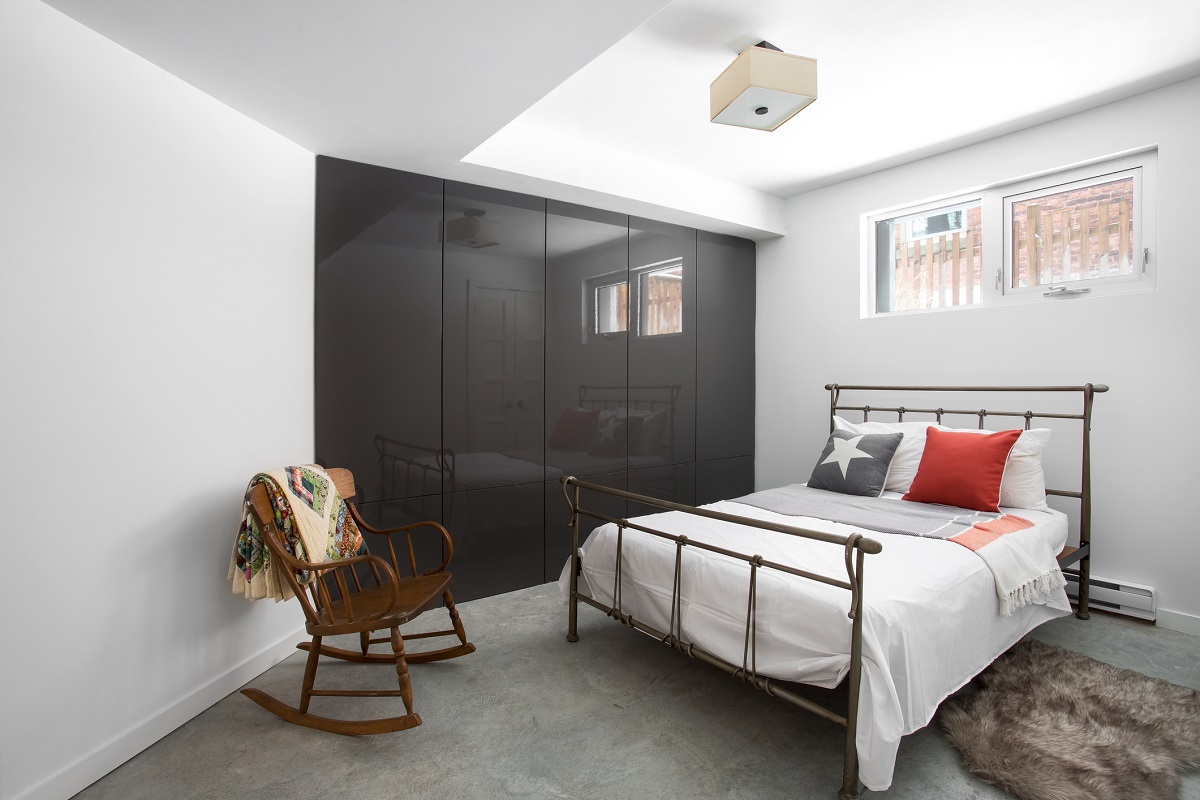
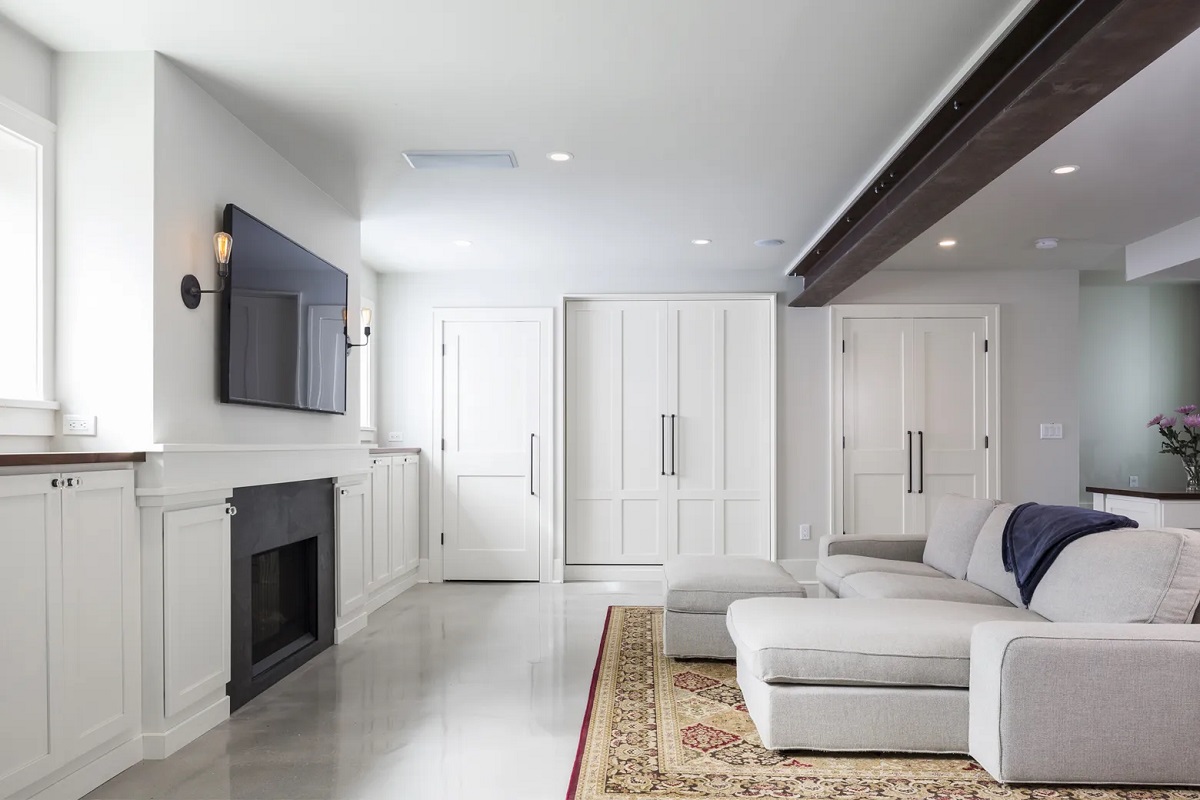


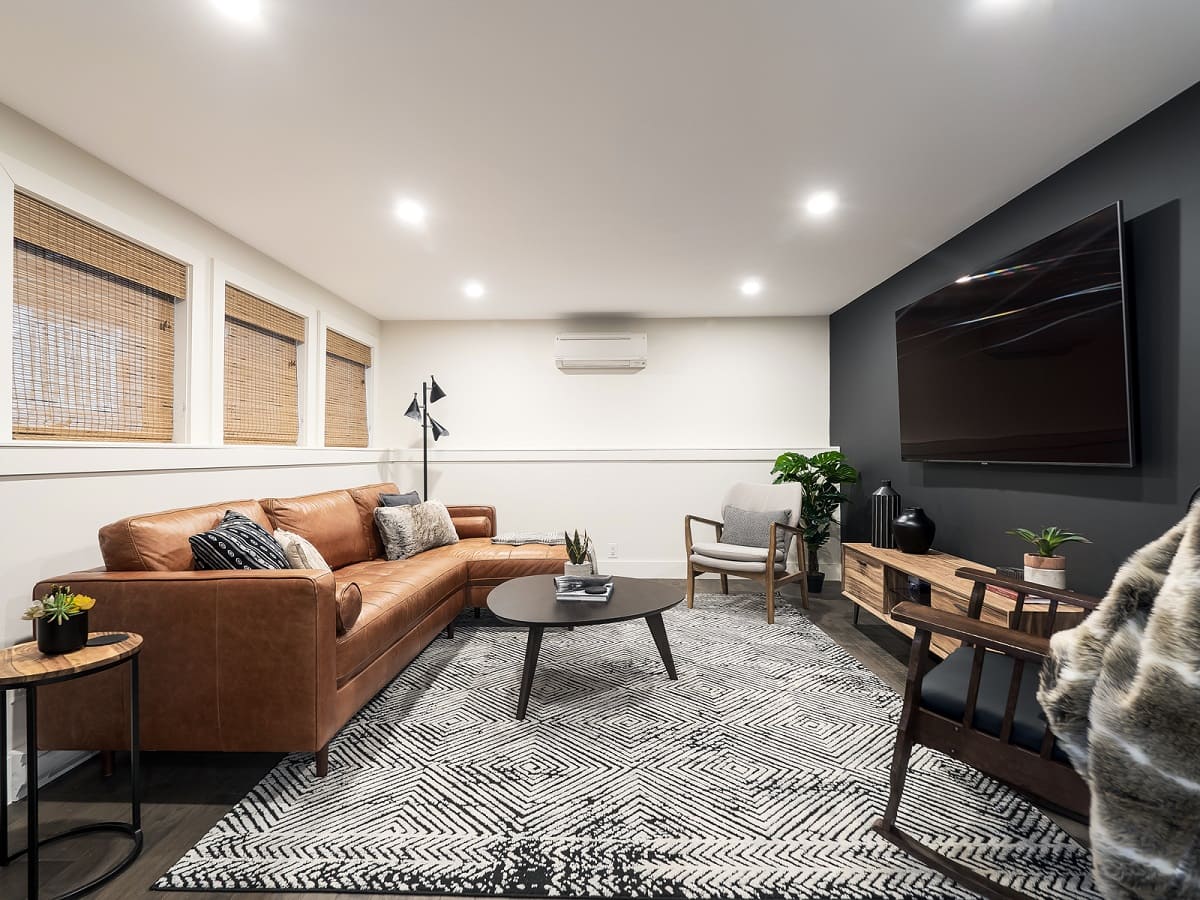
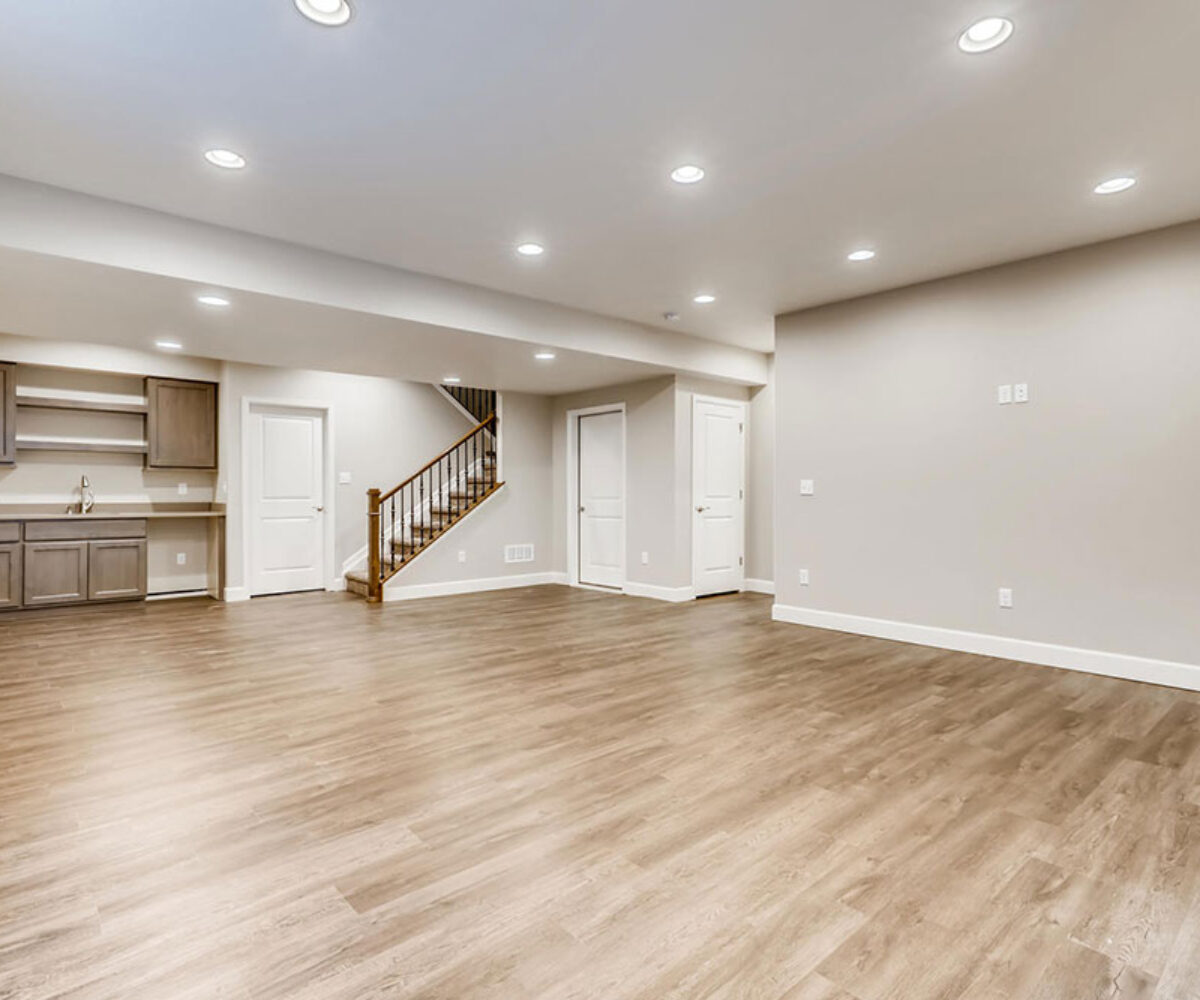
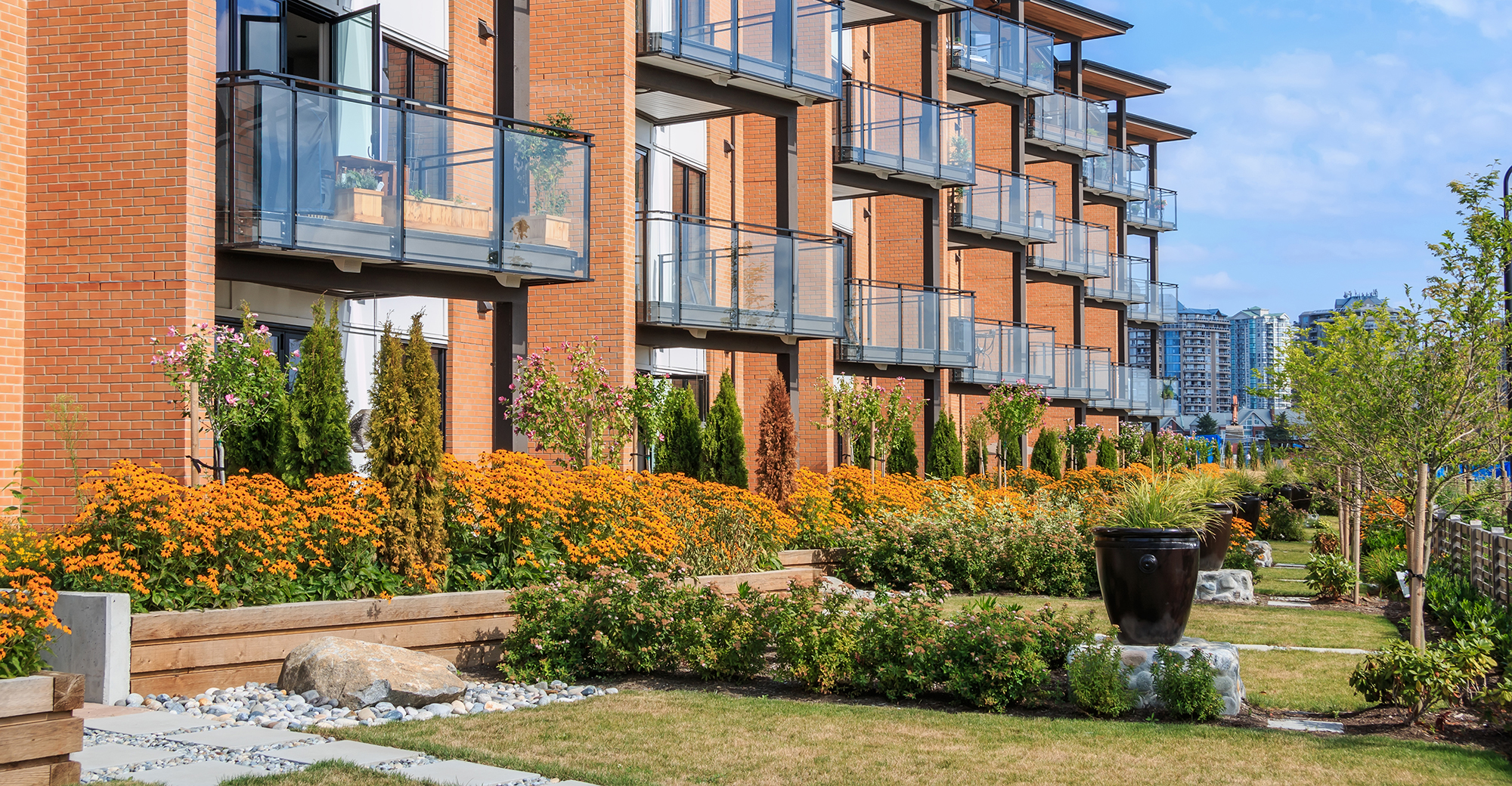
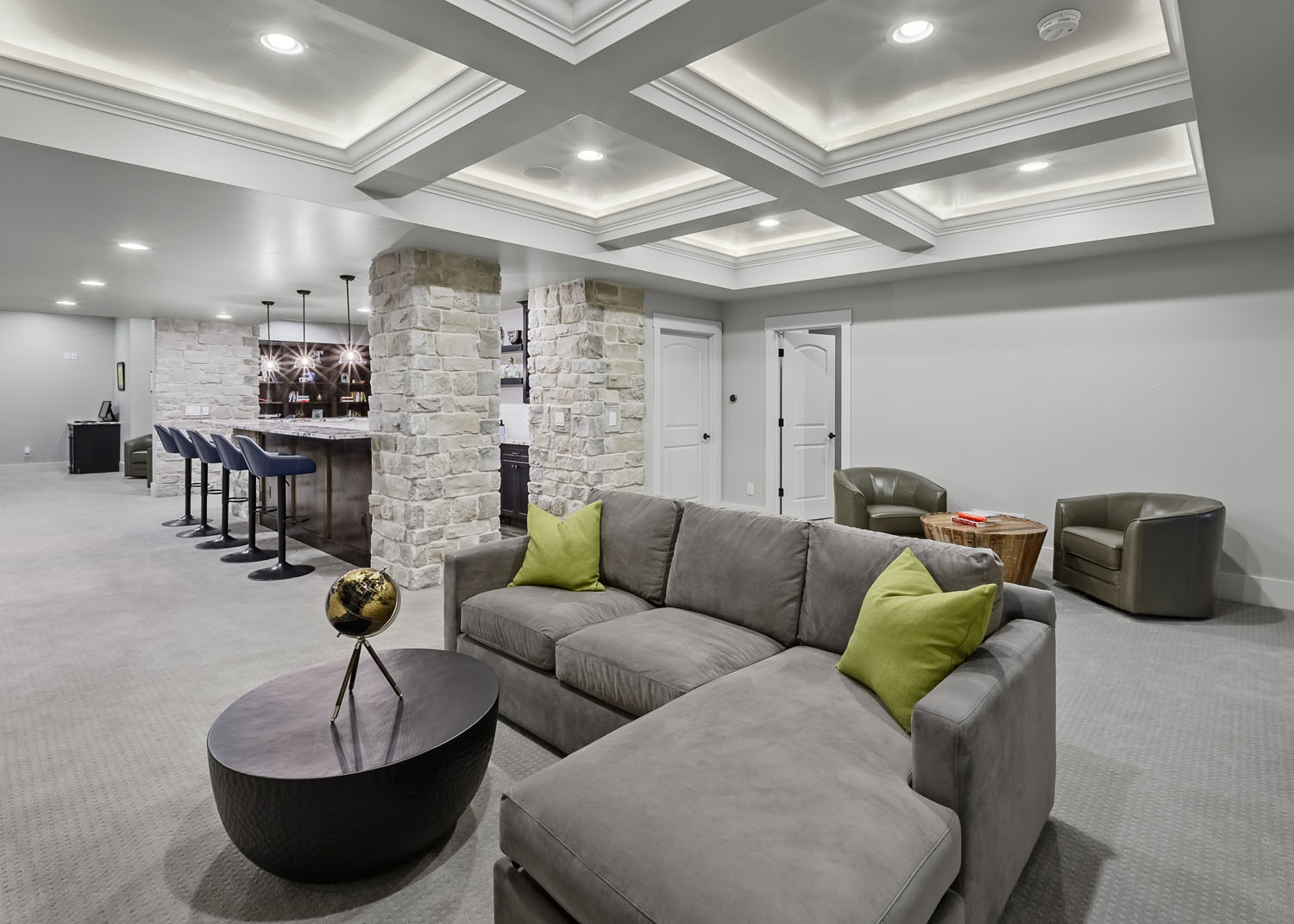
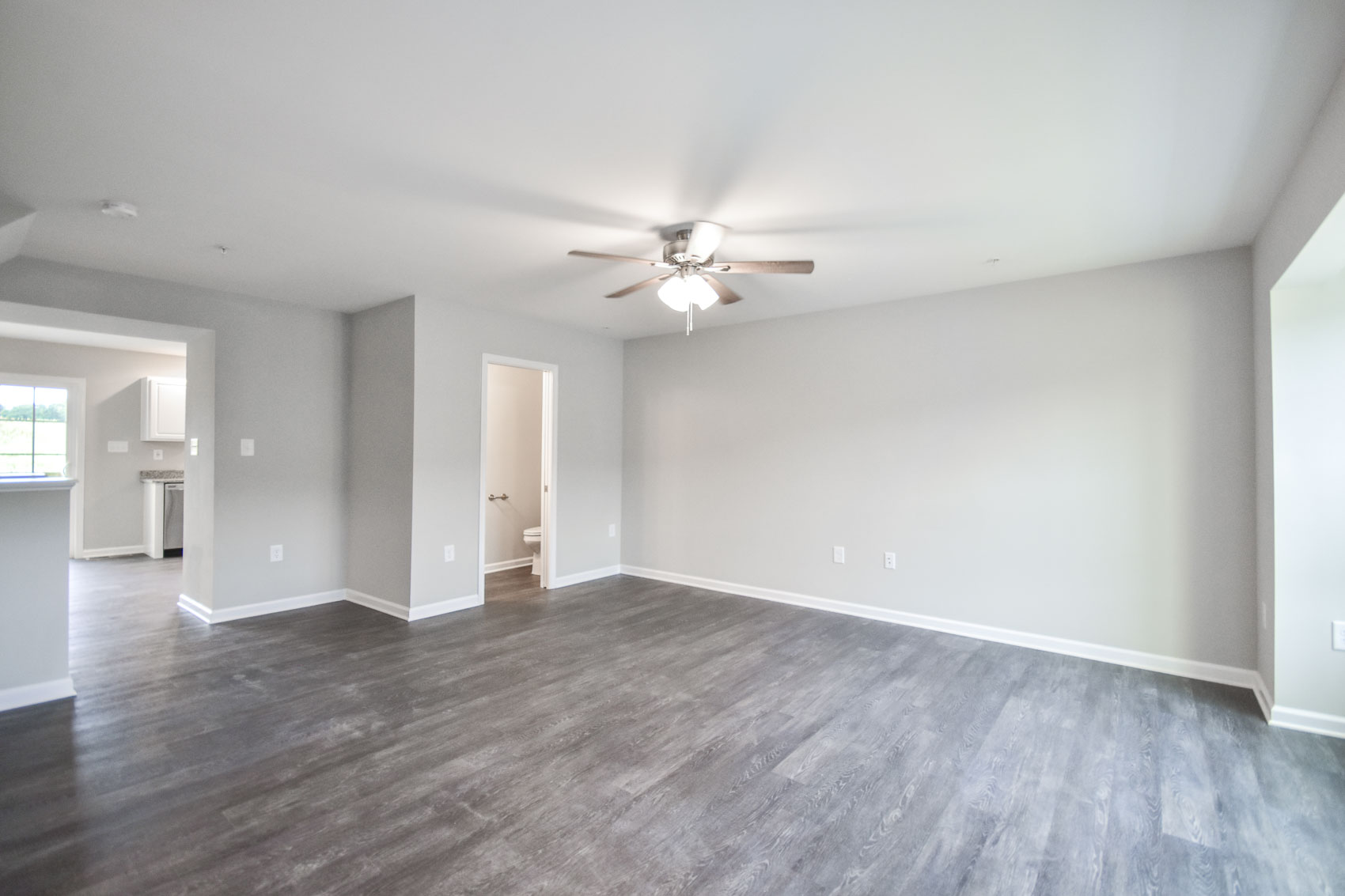
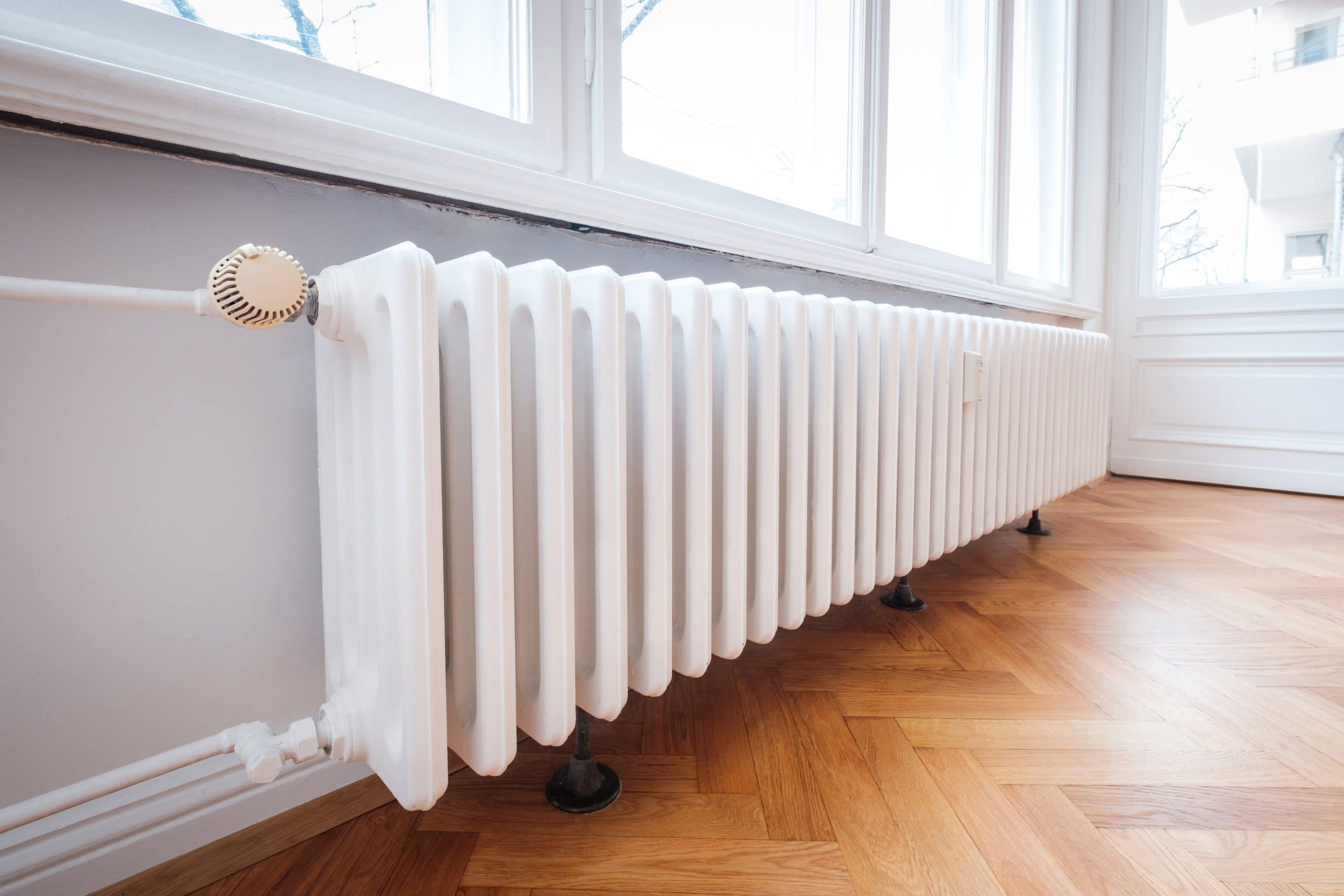
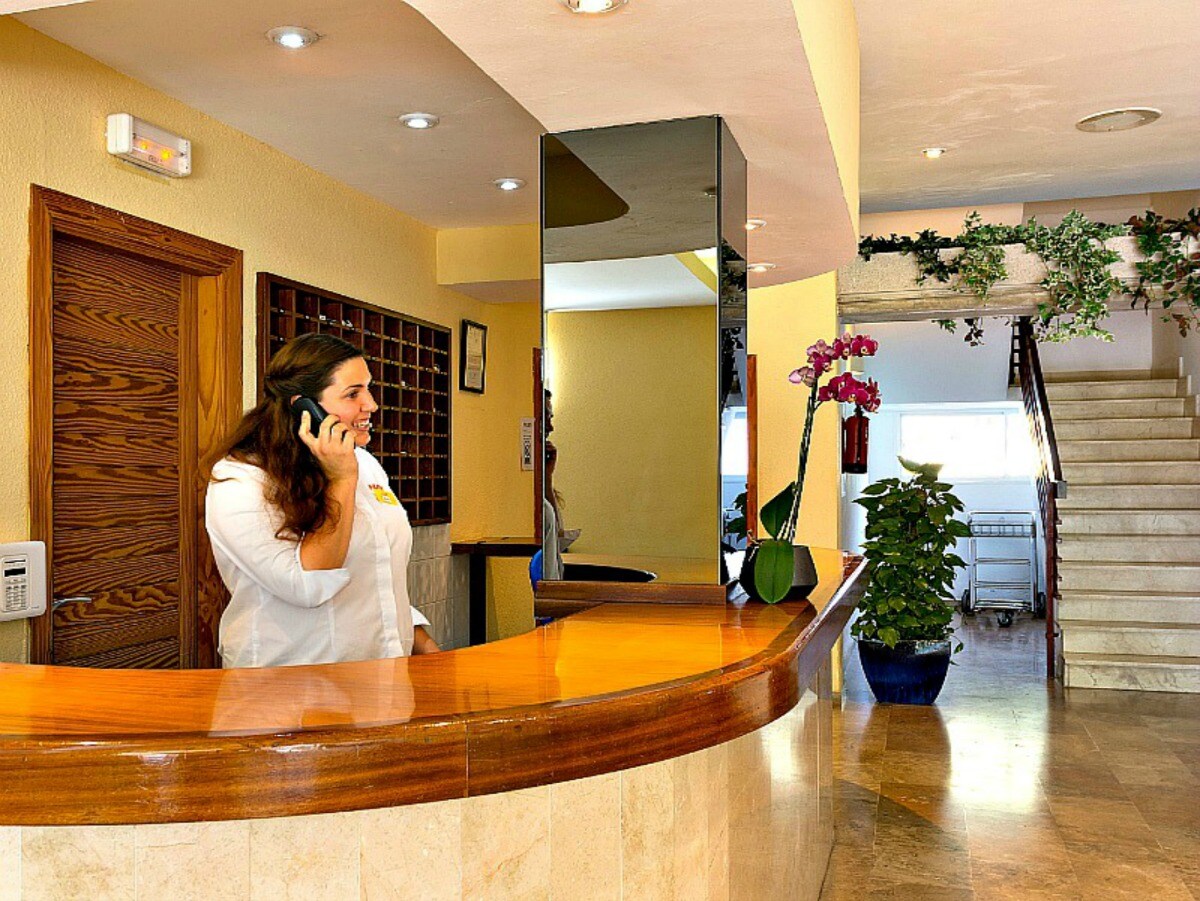
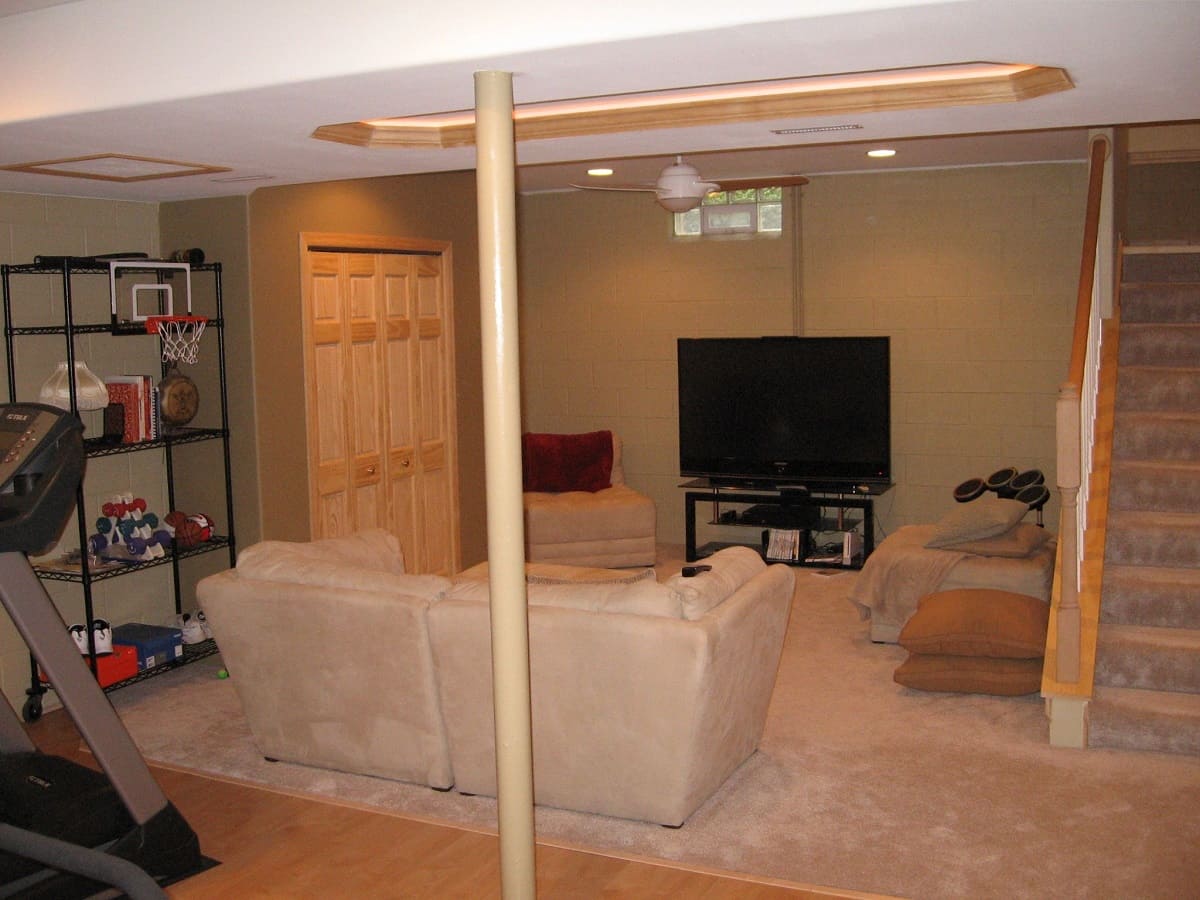

0 thoughts on “What Makes A Basement Apartment Illegal”